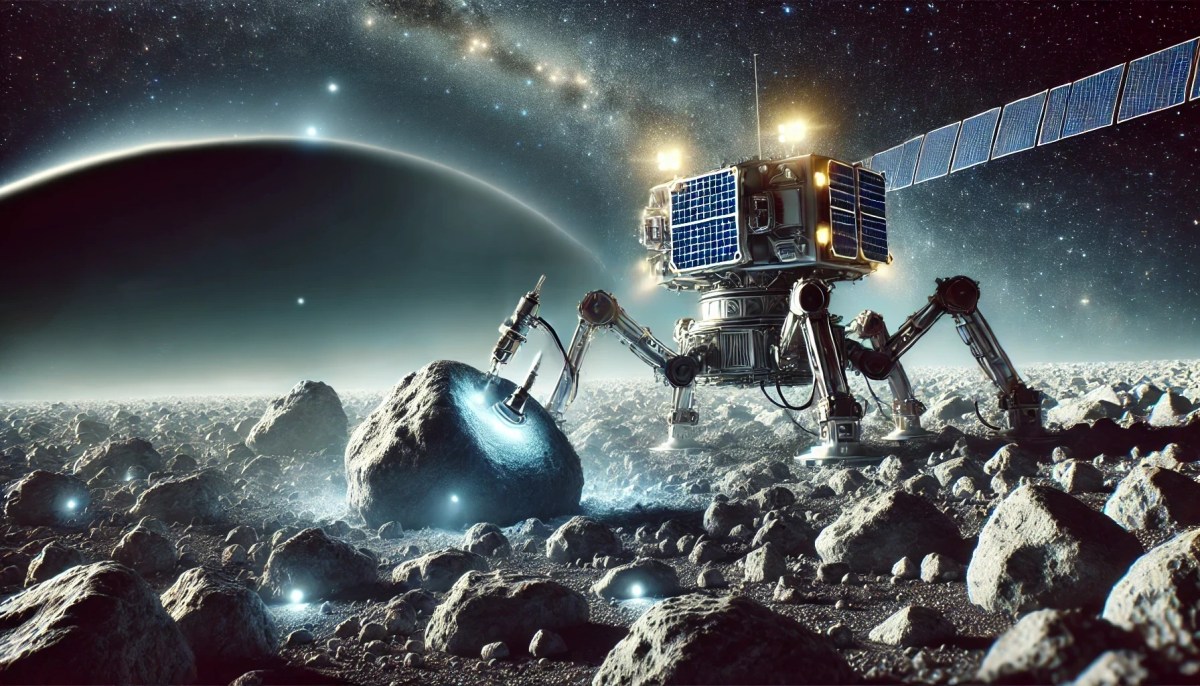Does the United Nations need to form a Parliament to regulate space mining? The answer will likely be yes if we ask from within the U.N. itself. Posing this question outside that forum, however, one may find a different answer. Recently, Filijovic and Sharei shared that they believe that the United States has a contentious interpretation of the Outer Space Treaty (OST) and that the existing legal frameworks for lunar exploitation rely on both the OST and the 1979 Moon Agreement (MA).
From our perspective, the fact that the U.S. has a contentious interpretation of the OST should not in itself serve as the impetus for a U.N. parliament, nor should anyone rely on the MA as a guide — unless of course your home country was one of the few that actually signed it. The only relevant legal framework is the OST, and the idea of postponing space mining for a decade while international lawyers look for a consensus to emerge on the subject isn’t appealing to space startups. Any protracted legal endeavor such as this will also likely be in danger of being overcome by events on the lunar South Pole. In my admittedly non-legal opinion, advocating for a U.N. parliament to debate the legalities of space mining would be doomed for four reasons:
The U.N.’s first attempt to regulate space mining in the MA gained little traction;
Space mining isn’t prohibited in the OST, rendering it permissible under the Lotus Principle;
Domestic law permitting space mining is emerging;
The Artemis Accords, which do address space mining, are being embraced.
The MA isn’t relevant because few states signed it — it has only 17 signatories since 1979. Why not? Article 11 calls for an international regime that will govern the exploitation of the Moon’s natural resources to be constructed before space mining occurs. From a startup’s viewpoint, this is a showstopper for investment and will stifle innovation in commercial space. This article further states that one of the main reasons for this international regime will be the “equitable sharing” of space mining’s benefits by all states. Seems like the antecedent for a U.N. sponsored international tax, no?
Although quoting the Lotus Principle may seem like a weak argument, it still remains on solid ground in international law. This is the concept where states can do what they want as long as they don’t pursue something expressly prohibited. Since the OST does not expressly forbid space mining, it should be permitted. In any event, space mining activity would still operate under the tenets of the OST, the Liability Convention and the Registration Convention. If a space mining company wants to mine the moon it would still need to obtain approval or a license, have its space activity registered with the relevant state and probably obtain insurance to cover unforeseen liability. Otherwise, most launch providers won’t touch the payload.
Also complicating any call for a U.N. parliament is the fact that domestic space laws, such as those emerging in Japan, Luxembourg, the United Arab Emirates, and the U.S., are now addressing space mining. Just look at the U.S. Commercial Space Launch Competitiveness Act from 2015, which states “A United States citizen engaged in commercial recovery of an asteroid resource or a space resource under this chapter shall be entitled to any asteroid resource or space resource obtained…”
Finally, 43 states (including three more nations in the last two months) have already signed the Artemis Accords which permit space mining. The signatories affirm that the “extraction of space resources does not inherently constitute national appropriation” in the Outer Space Treaty. Perhaps the easiest analogy is that fisherman don’t own the ocean but they can keep the fish they catch.
Bottom line: any U.N. parliament to regulate space mining would be dead in the water since it would create significant regulatory uncertainty for the nascent industry. Most spacefaring states will likely ignore the call for a U.N. parliament since they’ve made their decision to go to the moon already, and have generally accepted the concept that extraction of space resources isn’t appropriation under the Artemis Accords. Let the space mining begin.
Chris Tolton is CEO and cofounder of Orbital Mining Corporation (OMC), a lunar mining startup based at the Colorado School of Mines.
